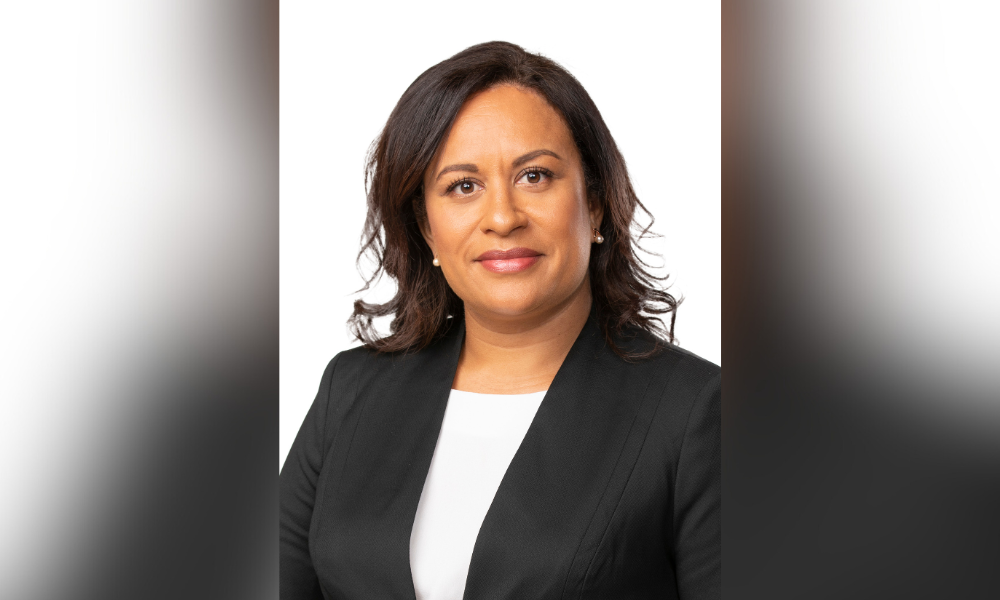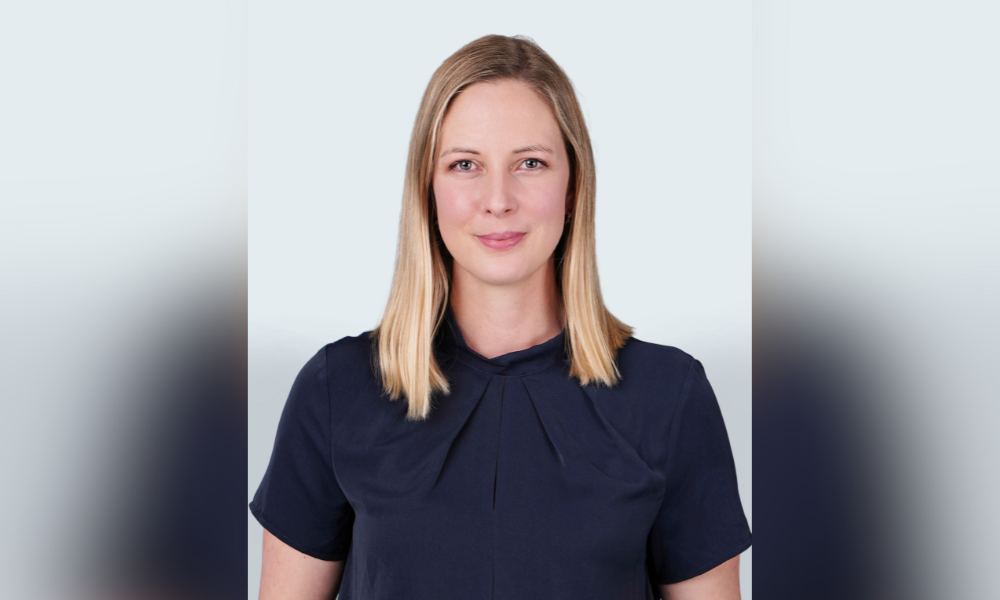The future of Australia’s industrial relations and paid parental leave policy could be undecided for months, with constitutional law experts stating the wrangling over the next Federal Government could drag on until the end of November.
The future of Australia’s industrial relations and paid parental leave policy could be undecided for months, with constitutional law experts stating the wrangling over the next Federal Government could drag on until the end of November.
Professor Donald Rothwell of the Australian National University College of Law said that Parliament must meet within 30 days of the election writs, and the latest they can be returned is 27 October.
“This could allow the Prime Minister to convene the House of Representatives as late as 26 November 2010, thereby allowing for as long as three months for agreements to be reached with the independents,” Rothwell said.
HR professionals await the news of a potential new Government, which is likely to impact on both IR laws and also the much-debated paid parental leave scheme.
In a bid to win over undecided working families, Prime Minister Julia Gillard last week announced it would offer new fathers two weeks parental leave if they are re-elected. The changes will make their existing 18-week proposition, seen to be less generous than the Coalition paid parental leave offering, more attractive to working parents.
Rothwell added that Julia Gillard would remain as caretaker Prime Minister until such time as she resigns - which would mean the Governor-General could invite Tony Abbott to form a government if he could guarantee majority support in the House of Representatives - or if Gillard herself believes that she could garner 76 votes in the lower house to have a working majority.
“The Governor-General would only commission a new government if there is evidence of support for that government from the members of the House of Representatives,” Rothwell said. “This may arise as a result of a formal agreement being reached between the non-aligned independent members of the House - agreeing to provide support on matters of confidence and supply - or as a result of the support for the government being tested on the floor of the Parliament by way of a vote of confidence.”
Election analysts are now predicting that the most likely outcome is that both the Labor Party and the Coalition will have 73 lower house seats, with one Green member and three independents.








